29/07/2024
Top 10 Fastest Cars In The World
Since the dawn of the automobile, speed has always been a captivating aspect of car culture. The thrill of driving fast cars, the engineering marvel, and the sheer exhilaration are not just about getting from point A to point B swiftly. For automotive enthusiasts and tech-savvy consumers, the pursuit of speed is an endless quest filled with passion and innovation.
Fast cars have captured the public imagination through movies, races, and records, making them icons of modern engineering and design. They represent the pinnacle of human ingenuity, pushing the boundaries of what is possible. In this blog post, we'll take a deep dive into the world of fast cars, exploring their history, the top performers, and what the future holds for these magnificent machines.
From understanding what makes a car "fast" to examining the current top 10 fastest cars in the world, we'll cover all the angles. Whether you're an avid car lover or just curious about these high-speed wonders, this guide will offer valuable insights and interesting facts. Buckle up and join us on this high-octane ride through the fascinating world of the fastest cars.
Defining Speed in the Automotive World
When we talk about the fastest cars in the world, what exactly do we mean by 'fast'? Speed in the automotive world is typically measured by three key metrics: acceleration, top speed, and horsepower. Understanding these factors is crucial for appreciating a car's quickness and responsiveness on the road. Fast cars often achieve 0-60 mph times in under three seconds, showcasing their incredible power and engineering.
Acceleration refers to how quickly a car can go from a standstill to a certain speed, usually measured in seconds from 0 to 60 mph. This metric is crucial for understanding a car's quickness and responsiveness on the road. Fast cars often achieve 0-60 mph times in under three seconds, showcasing their incredible power and engineering.
Top speed is another critical measure, indicating the highest velocity a car can reach under optimal conditions. The fastest cars in the world boast top speeds of well over 200 mph, pushing the limits of aerodynamics and material science. These speeds require advanced engineering and rigorous testing to ensure safety and stability.
Horsepower is the third essential metric, representing the engine's power output. Higher horsepower means more energy is available to propel the car forward, contributing to both acceleration and top speed. Modern hypercars and supercars often have engines that produce over 1,000 horsepower, making them true beasts on the road.
Together, these factors paint a comprehensive picture of what makes a car fast. Understanding these metrics helps us appreciate the technological advancements and meticulous craftsmanship that go into creating the world's fastest cars.
Evolution of Speed
The quest for speed has been a driving force in automotive history, with each era bringing new milestones and breakthroughs. The early 20th century saw the birth of fast cars, with manufacturers like Bugatti and Bentley pioneering speed records. These early models laid the groundwork for future innovations, pushing the boundaries of what was considered possible.
In the mid-20th century, the muscle car era emerged, with American manufacturers like Ford, Chevrolet, and Dodge producing powerful vehicles that captivated car enthusiasts. These cars combined raw power with sleek designs, setting new standards for performance. The 1960s and 1970s were a golden age for automotive speed, with iconic models like the Ford Mustang and Chevrolet Camaro making their mark.
The late 20th and early 21st centuries brought the rise of supercars, with brands like Ferrari, Lamborghini, and McLaren leading the charge. These vehicles utilized advanced materials, aerodynamics, and engineering techniques to achieve unprecedented speeds. The introduction of hypercars, such as the Bugatti Veyron and the Koenigsegg Agera, took things even further, breaking multiple speed records and pushing the envelope of automotive performance.
Today's fastest cars in the world are a testament to this rich history of innovation and competition. Each generation builds upon the achievements of the past, incorporating cutting-edge technology to reach new heights. The evolution of speed is a fascinating journey, showcasing the relentless pursuit of excellence in the automotive industry.
The Top 10 Fastest Cars in the World
Now that we've explored the history and key metrics of fast cars let's take a closer look at the current top 10 fastest cars in the world. These vehicles represent the pinnacle of automotive engineering, combining breathtaking speed with stunning design.
1. Bugatti Chiron Super Sport 300+
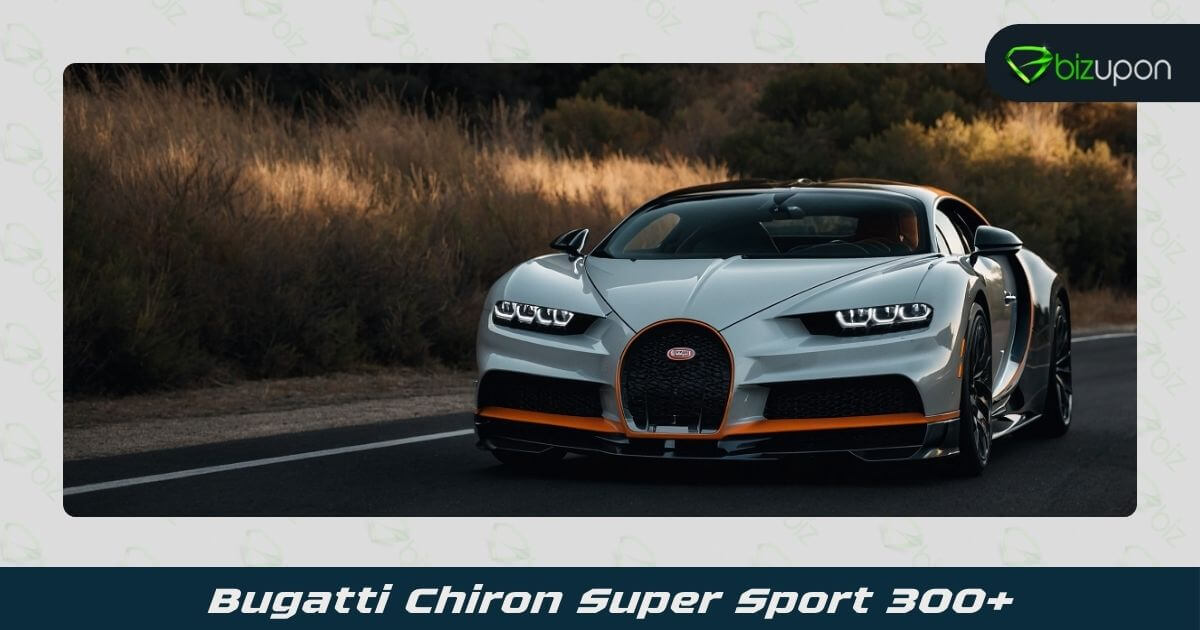
Bugatti Chiron Super Sport 300+ - With a top speed of 304 mph, the Chiron Super Sport 300+ is the fastest production car in the world. Its quad-turbocharged W16 engine produces 1,600 horsepower, making it a true marvel of modern engineering.
2. Hennessey Venom F5
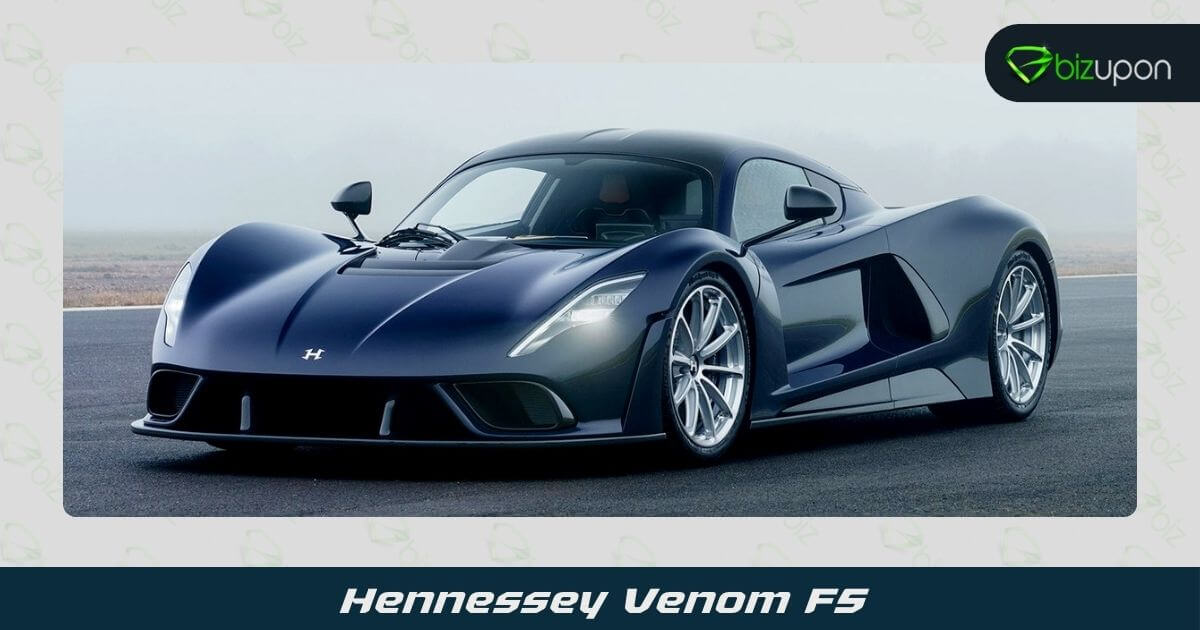
Hennessey Venom F5 - The Venom F5 boasts a top speed of 301 mph, powered by a twin-turbo V8 engine that delivers 1,817 horsepower. This American hypercar is designed to break records and push the limits of speed.
3. SSC Tuatara
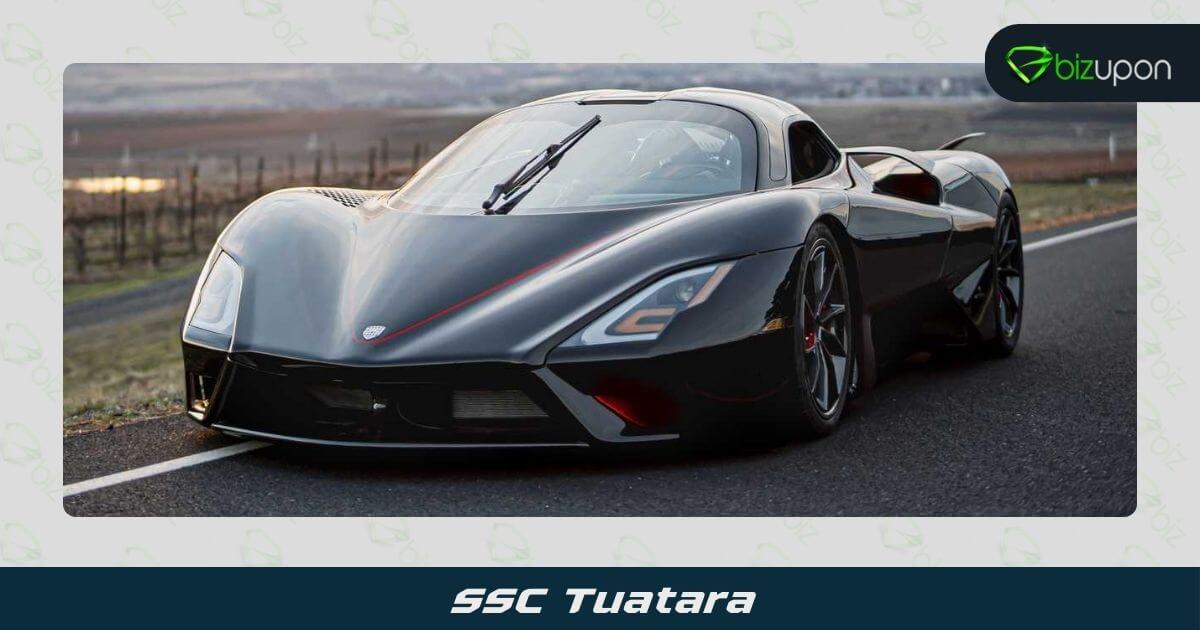
SSC Tuatara - The Tuatara has a top speed of 282 mph, thanks to its 5.9-liter V8 engine producing 1,750 horsepower. Its aerodynamic design and lightweight construction make it one of the most advanced hypercars on the market.
4. Koenigsegg Jesko Absolut
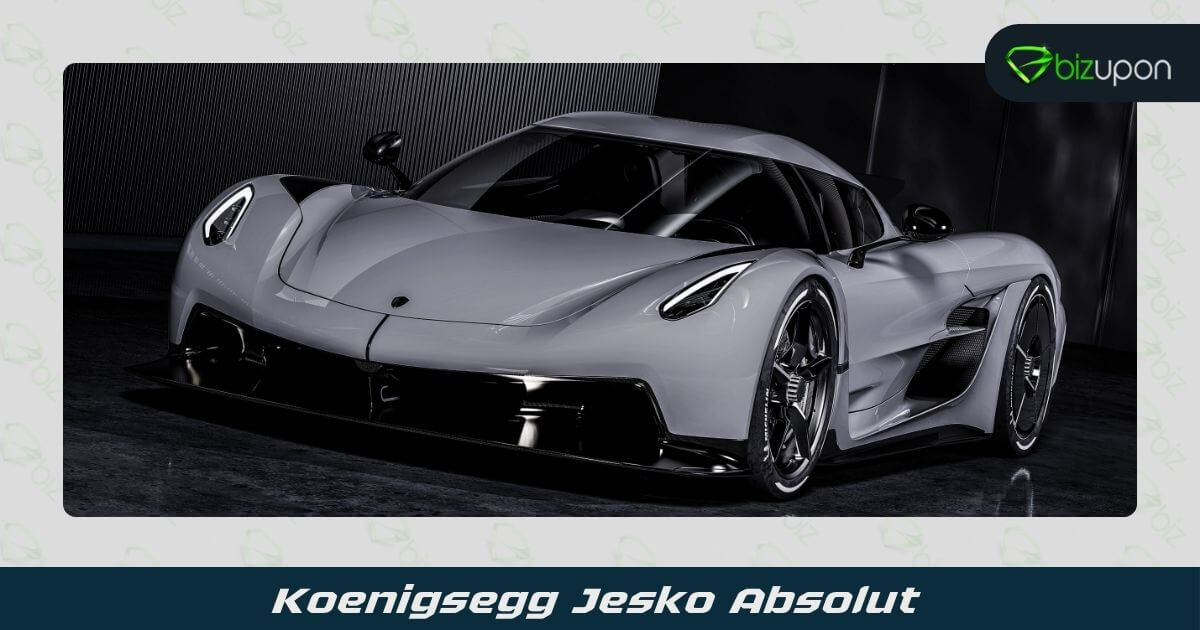
Koenigsegg Jesko Absolut - With a top speed of 278 mph, the Jesko Absolut features a twin-turbo V8 engine that generates 1,600 horsepower. Koenigsegg's commitment to innovation and performance is evident in every aspect of this car.
5. Rimac C_Two
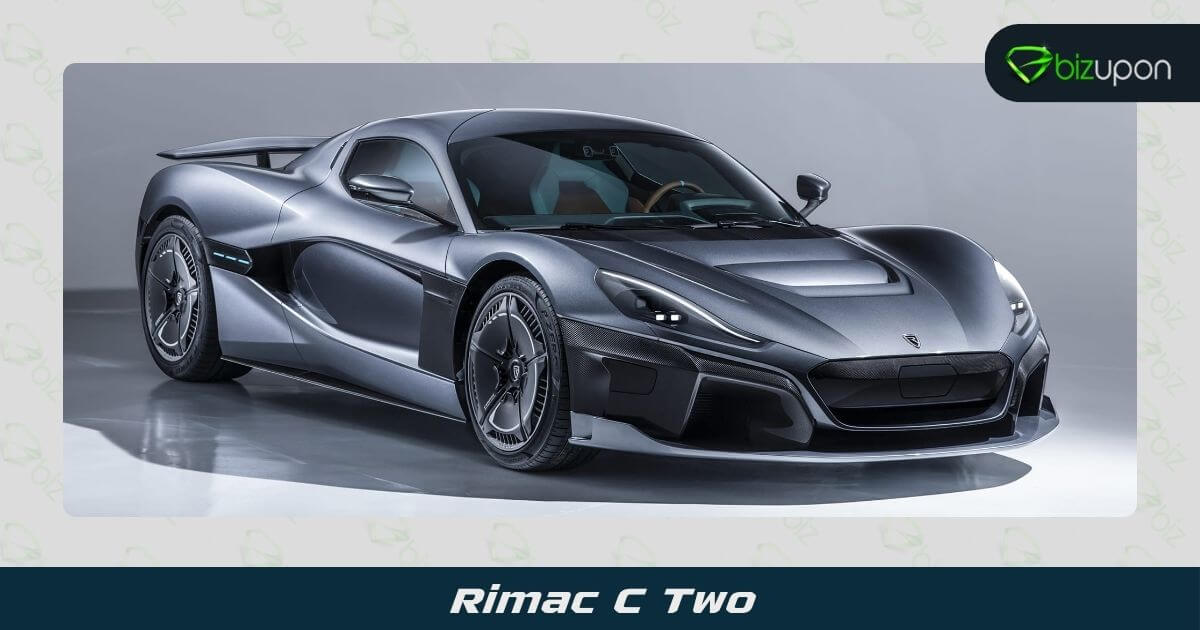
Rimac C_Two - This electric hypercar reaches a top speed of 258 mph, with four electric motors producing a combined 1,914 horsepower. The C_Two showcases the potential of electric propulsion in the world of fast cars.
6. Bugatti Veyron Super Sport
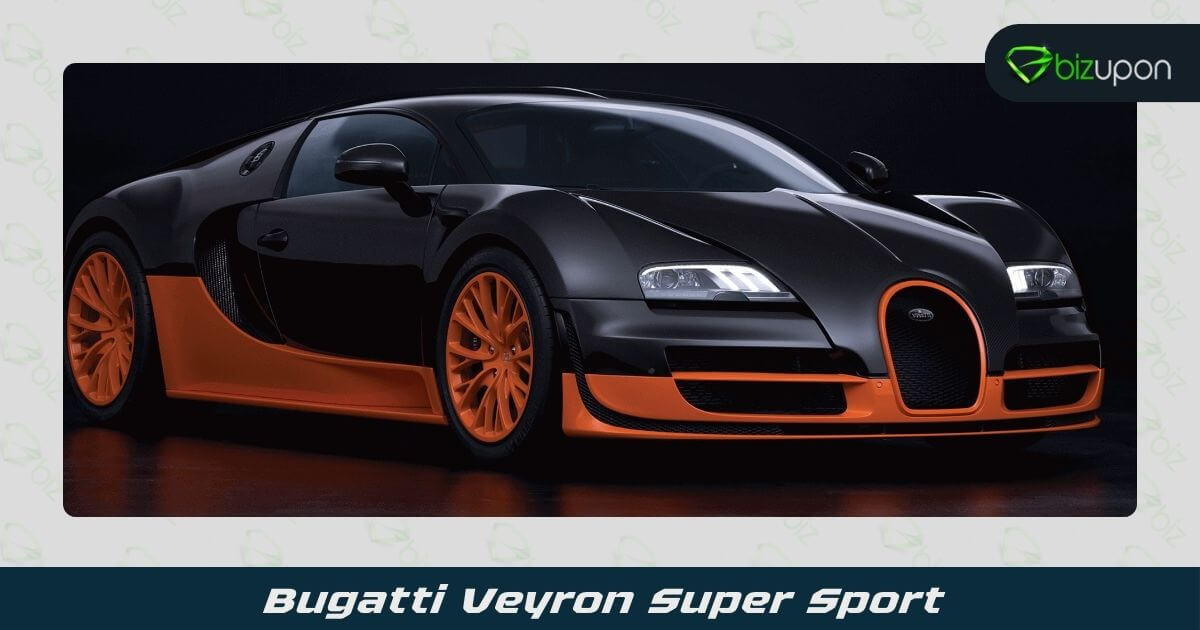
Bugatti Veyron Super Sport - Although not as fast as the Chiron, the Veyron Super Sport still impresses with a top speed of 268 mph. Its quad-turbocharged W16 engine produces 1,200 horsepower, making it a legendary hypercar.
7. Tesla Roadster (2022
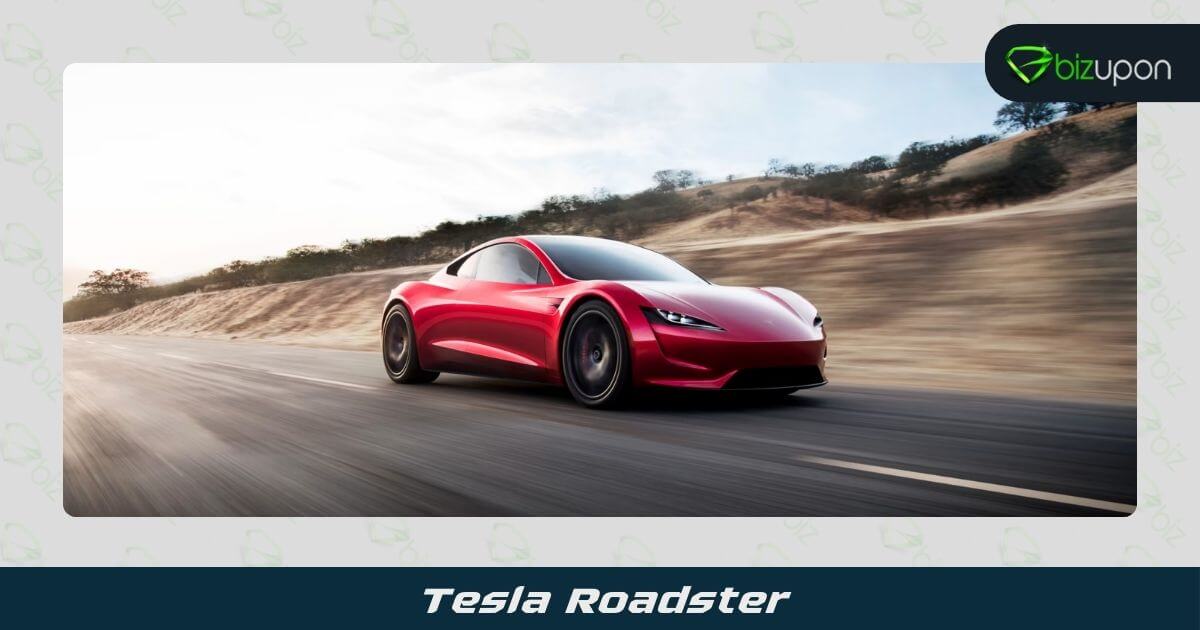
Tesla Roadster (2022) - The new Tesla Roadster is expected to reach a top speed of 250 mph, with a tri-motor setup delivering over 1,000 horsepower. This electric supercar promises to redefine performance in the EV market.
8. Aston Martin Valkyrie
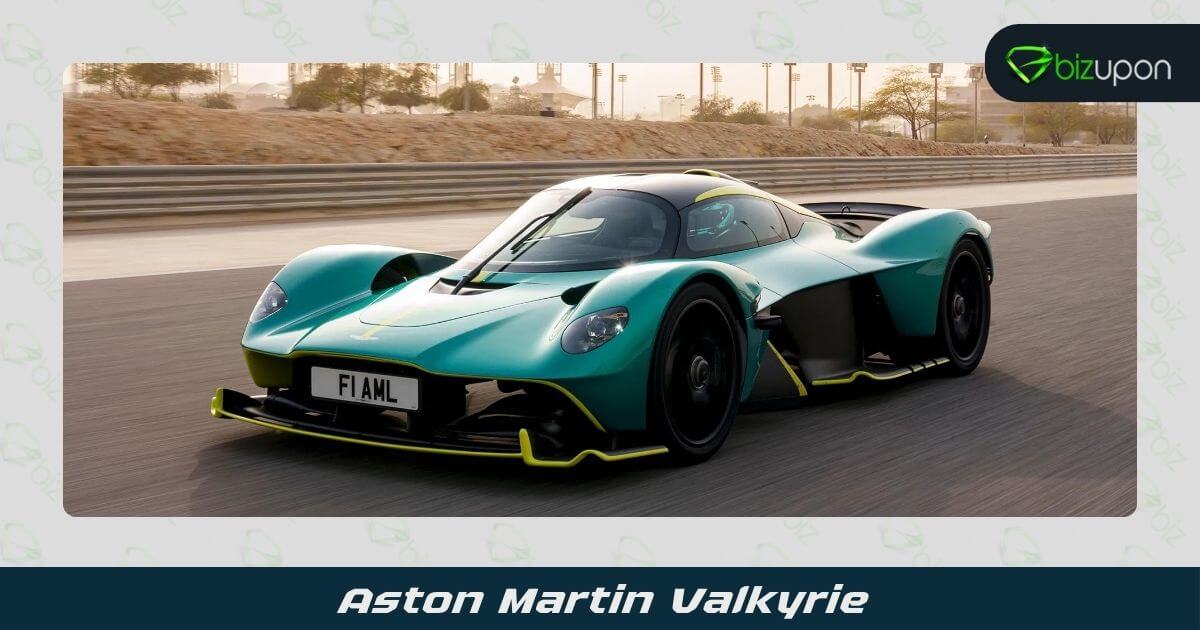
Aston Martin Valkyrie - The Valkyrie boasts a top speed of 250 mph, powered by a hybrid V12 engine that generates 1,160 horsepower. Its futuristic design and cutting-edge technology make it a standout in the hypercar segment.
9. McLaren Speedtail
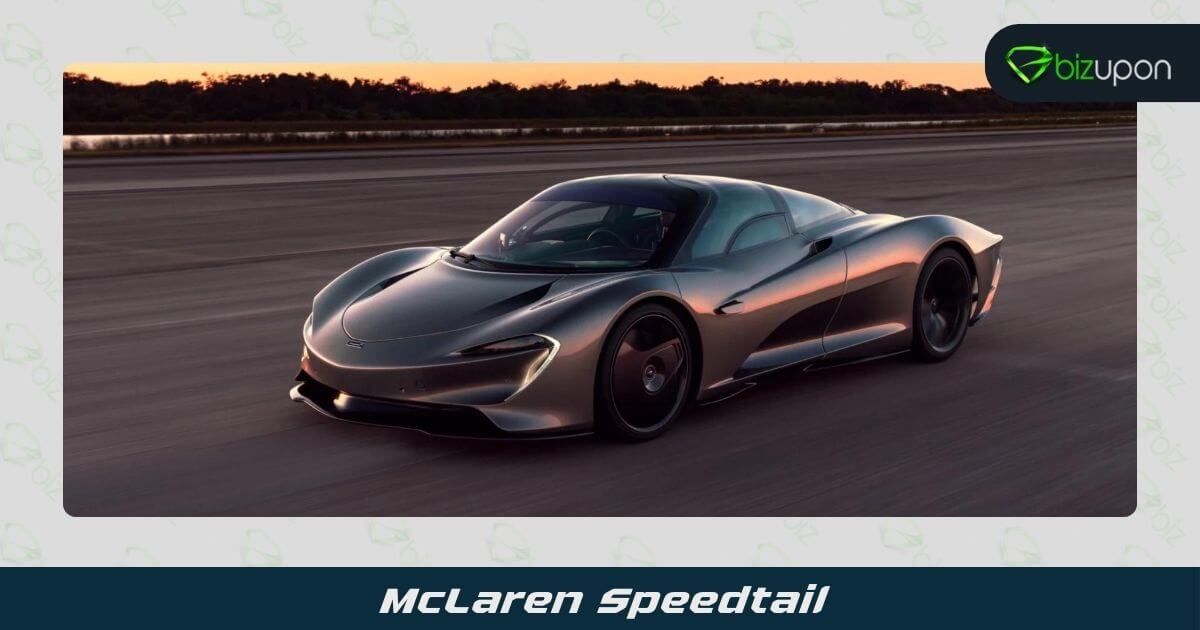
McLaren Speedtail - With a top speed of 250 mph, the Speedtail features a hybrid powertrain that produces 1,035 horsepower. McLaren's dedication to performance and innovation is evident in this sleek, high-speed machine.
10. Pininfarina Battista

Pininfarina Battista - This electric hypercar reaches a top speed of 217 mph, with four electric motors generating a combined 1,900 horsepower. The Battista combines Italian design with cutting-edge technology for a truly unique driving experience.
These top 10 fastest cars in the world represent the zenith of automotive performance, showcasing the incredible advancements in speed and engineering.
Beyond Production Breaking the Limits
While production cars often steal the spotlight, there are also non-production, custom-built, and concept cars that push the boundaries of speed even further. These vehicles are often created to break records, test new technologies, and explore the limits of what's possible in automotive design.
Land speed record holders are a prime example of this pursuit. Vehicles like the Thrust SSC and Bloodhound LSR are designed specifically to achieve unprecedented speeds on land. The Thrust SSC, for instance, holds the world land speed record at 763 mph, a feat achieved through meticulous engineering and a jet-powered engine.
Experimental vehicles also play a crucial role in advancing automotive technology. Concepts like the Mercedes-Benz Biome and the Audi PB18 e-tron showcase innovative designs and cutting-edge materials that could shape the future of fast cars. These vehicles often incorporate advanced aerodynamics, lightweight materials, and alternative propulsion systems to achieve remarkable speeds.
Custom-built hypercars are another fascinating aspect of the speed world. Companies like Hennessey and Koenigsegg often create bespoke vehicles for clients, pushing the limits of performance and personalization. These cars are tailored to the owner's specifications, offering a unique blend of speed, luxury, and exclusivity.
By exploring these non-production vehicles, we gain a deeper understanding of the relentless pursuit of speed and the innovative spirit that drives the automotive industry forward.
The Future of Fast
The future of fast cars is an exciting frontier, with emerging technologies and trends poised to redefine what we consider possible. Electric propulsion, advanced aerodynamics, and materials innovation are just a few of the areas driving this evolution.
Electric propulsion is quickly gaining traction in the world of fast cars. Vehicles like the Rimac C_Two and Tesla Roadster demonstrate the potential of electric powertrains to deliver breathtaking performance. Advances in battery technology and electric motor efficiency are making it possible for electric cars to compete with, and even surpass, their internal combustion counterparts.
Advanced aerodynamics are also shaping the future of fast cars. Innovations like active aerodynamics and adaptive suspensions help optimize airflow and reduce drag, enabling higher speeds and better handling. These technologies are crucial for maintaining stability and performance at extreme velocities.
Materials innovation is another key factor in the future of fast cars. Lightweight materials like carbon fiber, titanium, and advanced composites are being used to create stronger, lighter, and more efficient vehicles. These materials not only improve performance but also enhance safety and durability.
As these technologies continue to evolve, we can expect the next generation of fast cars to be even more impressive, offering unparalleled speed, efficiency, and sustainability.
The Thrill of Speed
The allure of speed goes beyond mere numbers; it's a psychological and cultural phenomenon that has captivated humanity for generations. The thrill of driving a fast car is an exhilarating experience, combining adrenaline, precision, and a sense of freedom.
Psychologically, speed triggers a rush of adrenaline and endorphins, creating a feeling of excitement and euphoria. This rush is a key reason why many people are drawn to fast cars, seeking the thrill and exhilaration that come with high-speed driving. The sense of control and mastery over a powerful machine adds to this appeal.
Culturally, fast cars have become symbols of status, power, and success. They feature prominently in movies, music, and advertising, reinforcing their association with luxury and desirability. Iconic films like "Fast & Furious" and "Gone in 60 Seconds" have cemented the image of fast cars in popular culture, inspiring countless enthusiasts.
Impact on automotive design is another aspect of the thrill of speed. The desire for speed influences everything from aerodynamics to aesthetics, driving innovation and pushing the boundaries of what's possible. Manufacturers invest heavily in research and development to create vehicles that not only perform exceptionally but also capture the imagination.
The thrill of speed is a multifaceted phenomenon, blending psychology, culture, and design to create a unique and captivating experience.
Owning a Fast Car
For those considering purchasing or owning one of the fastest cars in the world, there are several practical considerations to keep in mind. Maintenance, safety, and legal limitations are crucial aspects that can significantly impact the ownership experience.
Maintenance for fast cars is often more intensive and expensive than for regular vehicles. High-performance engines, advanced materials, and specialized components require regular upkeep and expert care. Owners should be prepared for higher costs and the need for specialized services to keep their cars in top condition.
Safety is another critical factor. Fast cars are designed for high-speed performance, which can pose significant risks if not handled properly. Owners should invest in advanced driver training and familiarize themselves with their vehicle's capabilities and limitations. Additionally, ensuring that safety features like advanced braking systems and stability control are in optimal condition is essential.
Legal limitations can also affect the ownership experience. Many jurisdictions have strict regulations on speed limits, emissions, and modifications. Owners should be aware of these laws and ensure their vehicles comply to avoid fines and legal issues. Participating in track days and sanctioned events can provide a safe and legal outlet for enjoying the full potential of a fast car.
By considering these practical aspects, potential owners can make informed decisions and fully enjoy the experience of owning one of the fastest cars in the world.
Conclusion
The fascination with speed is a timeless aspect of human nature, driving innovation and capturing the imagination of automotive enthusiasts worldwide. From the early days of fast cars to the latest hypercars and beyond, the pursuit of speed has led to incredible advancements in technology and design.
Fast cars represent the pinnacle of automotive engineering, offering unparalleled performance and an exhilarating driving experience. Whether you're an avid car lover or simply intrigued by these high-speed wonders, the world of fast cars has something to offer.
The future of fast cars is an exciting frontier, with emerging technologies poised to redefine what's possible. Electric propulsion, advanced aerodynamics, and materials innovation promise to take performance to new heights, ensuring that the thrill of speed will continue to captivate future generations.
If you have your own favorite fast car stories or experiences, we'd love to hear from you. Share your thoughts and join the conversation with fellow enthusiasts. The world of fast cars is a dynamic and engaging community, and we look forward to connecting with you.